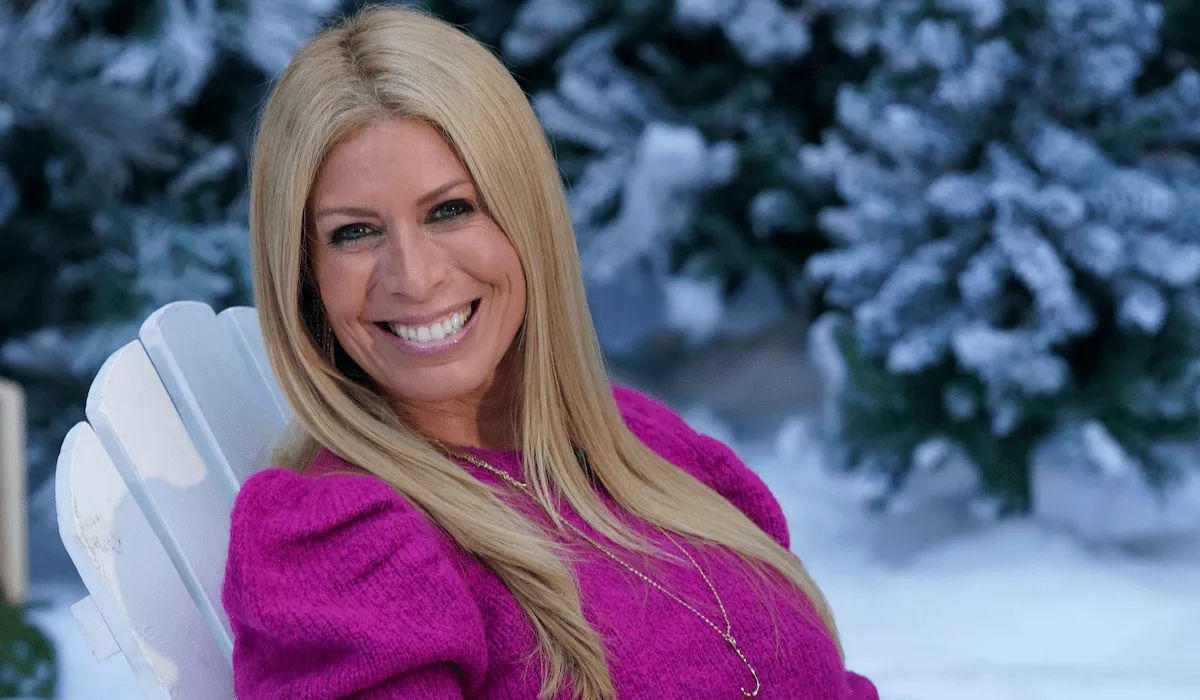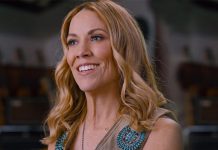NBC Today’s Jill Martin has recently opened up about the fibroids growing in her uterus.
She had noncancerous but abnormal tumors in her uterus since at least 2019. However, this year, she said she is getting fibroids treated because she felt like they were “manageable.”
The 45-year-old said on Today Wednesday Morning, “Many viewers were noticing a change in my body. Some thinking I was pregnant, others asking if had gained weight. Turns out my stomach physically became distorted by the fibroids.”
Martin recently said that the pain had become “unbearable.”
She wrote in the accompanying essay, “If you could have seen me on Zoom calls or in Today’s greenroom between segments in recent months, you would know I was always looking for a place to plug in a heating pad. I was suffering all the time.”
“One of [the fibroids] had grown to the size of a grapefruit, and was sitting on my uterus,” she added. “It hurt to have intercourse and I was constantly having to use the restroom because of all the pressure.”
The Emmy Award-winning TV personality revealed that she had avoided addressing her uterine fibroids in part because she thought her only option was getting a hysterectomy.
Martin wrote, “After talking with other women who suffer from fibroids, I realized I’m not alone — many of them thought that a major surgery to remove their uterus was their only real solution, too. But there are other options. And when you are in pain, more often than not, it is time to do something.”
In February, Martin underwent a procedure and found that she had far more than the two large fibroids and a few other smaller ones. She had 18 fibroids in total. In another six months, Martin will come to know whether the procedure was successful, but she is “already on the mend.”
She said, “I already see my stomach getting flatter. I’m still in pain, but it’s good pain, because I know I am healing. Dr. [Marc] Schiffman said my body is slowly reabsorbing the tissue. There is inflammation. My body just needs time.”
Martin wants to share her story to raise awareness on uterine fibroids, which affect 20 to 50% of reproductive age women.
She said, “I share my story because I think a lot of women don’t know all of their options for fibroid treatment. Dr. Schiffman told me that many women suffer for years because they think that surgery is the only solution and that Black women in particular are less likely to be told of minimally invasive treatment options.”























